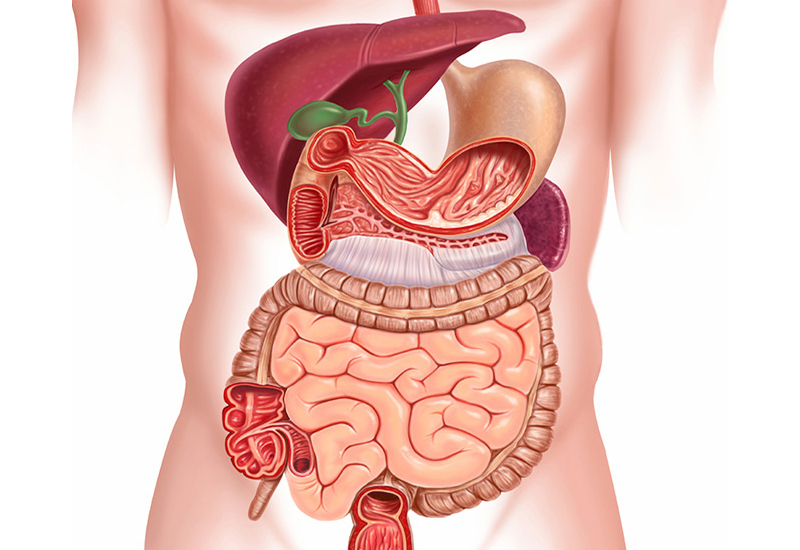According to the American College of Gastroenterology, Gastroenterology is the study of the normal function and diseases of the esophagus, stomach, small intestine, colon and rectum, pancreas, gallbladder, bile ducts and liver.
A gastroenterologist needs to have a detailed understanding of the normal physiology of all the above mentioned organs as well as motility through the intestines and gastrointestinal tract in order to maintain a healthy digestion, absorption of nutrients, removal of waste and metabolic processes.

The gastrologist, or gastroenterologist, is doing the diagnostic part of stomach-related healing issues. After a brief evaluation of the situation, the patient may be subjected to all possible exams under the guidance of the gastrologist to determine the correct diagnosis. This involves tests such as blood testing, colonoscopy, rectoscope, gastroscopy, among others performed in the hospital or in a well-equipped clinic.
A colonoscopy is a medical procedure in patients where a fiber-optic tube is inserted into the large intestine with a camera at the end. A colonoscopy will help physicians identify cancer-causing polyps or lesions. Retinoscopy or proctoscopy is a medical procedure in which the final portion of the digestive system is inserted into the rectum by a slender tube with a camera and a light before disposal. This makes it possible for the gastroenterologist to check the rectum for issues visually. Gastroscopy, conducted by both the gastrologist and the gastroenterologist, is a procedure that enables the doctor to look inside the esophagus (the pipe that passes from the mouth to the abdomen), the stomach, and the duodenum (tiny intestine) first part. The patient swallows a versatile, telescopic camera called a gastroscope and passes into the stomach through the esophagus.
A gastroenterologist also needs to have a clear understanding of ailments affecting the organs of the gastrointestinal system like:
The knowledge and technology in Gastroenterology have grown massively in the last two decades and has branched into various subspecialties like hepatology, pancreatology, functional bowel disorders with motility studies, therapeutic endoscopy, and endoscopic ultrasound. Gastro-intestinal services incorporate a joint medical and surgical approach for the prevention, diagnosis, and treatment of gastrointestinal, liver, and pancreatic disorders including cancer.